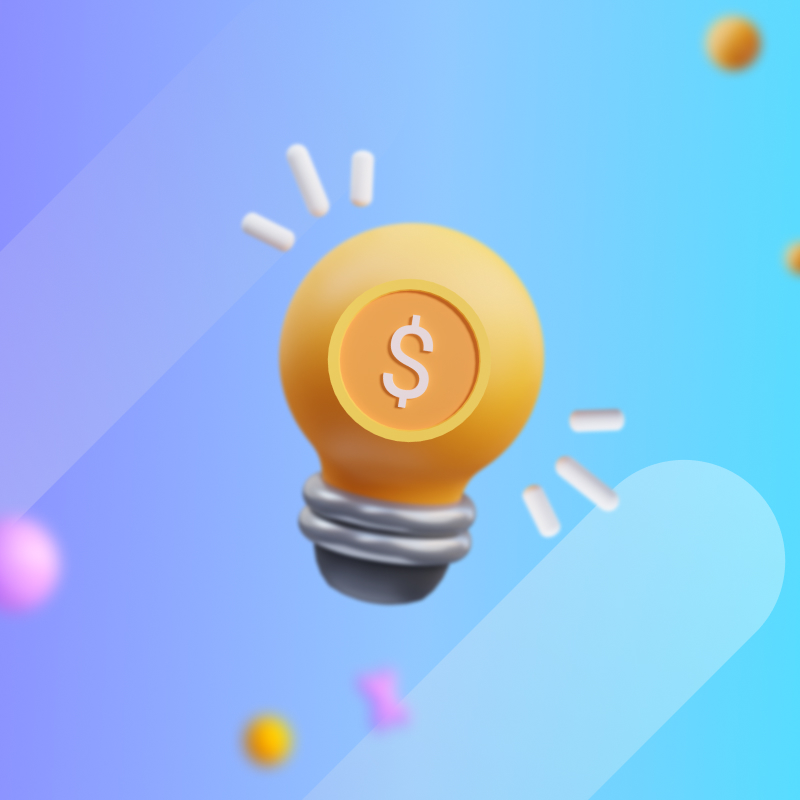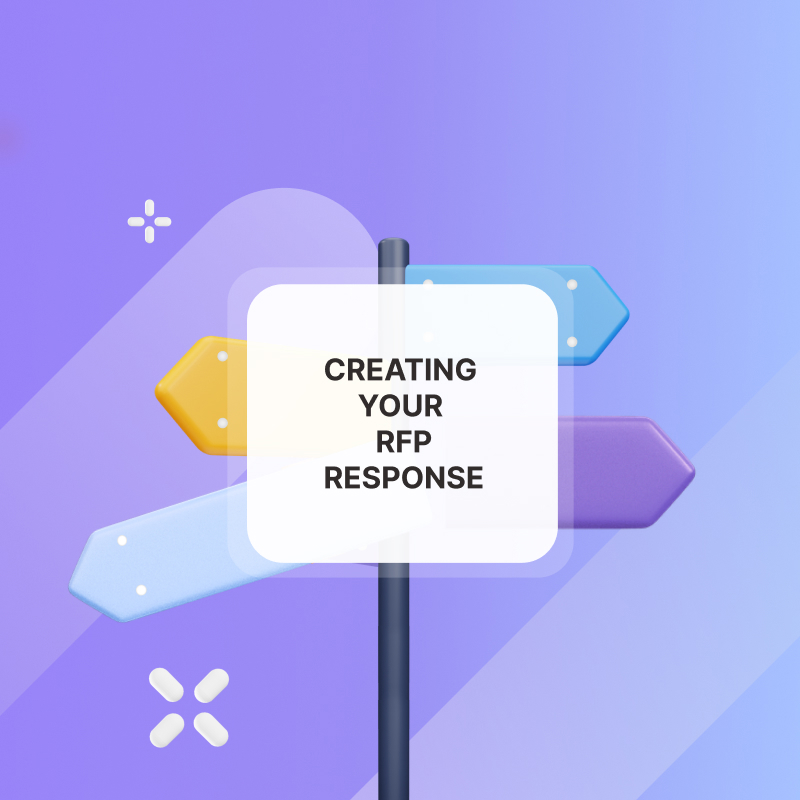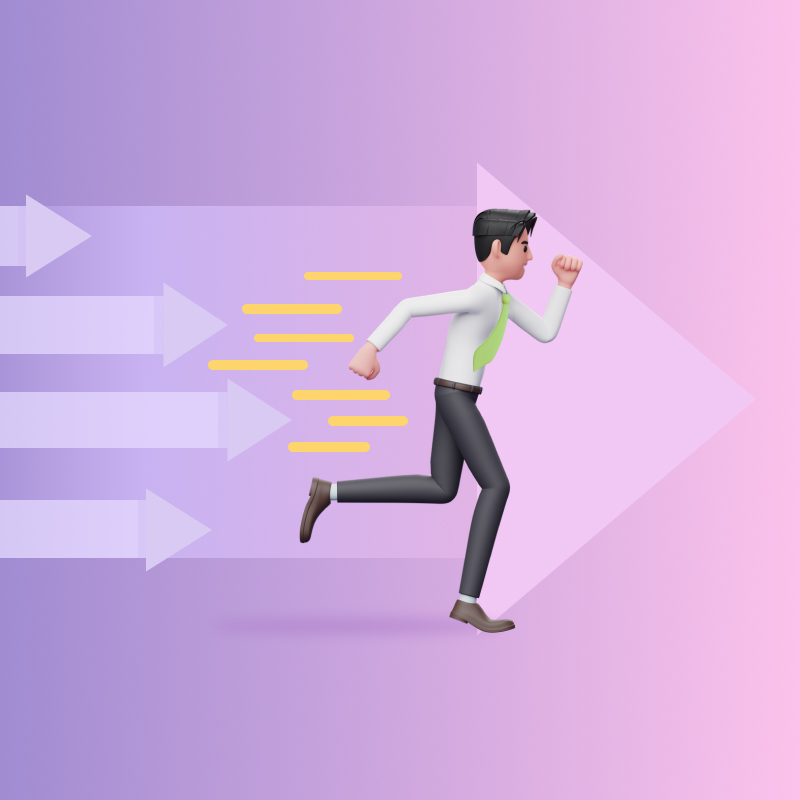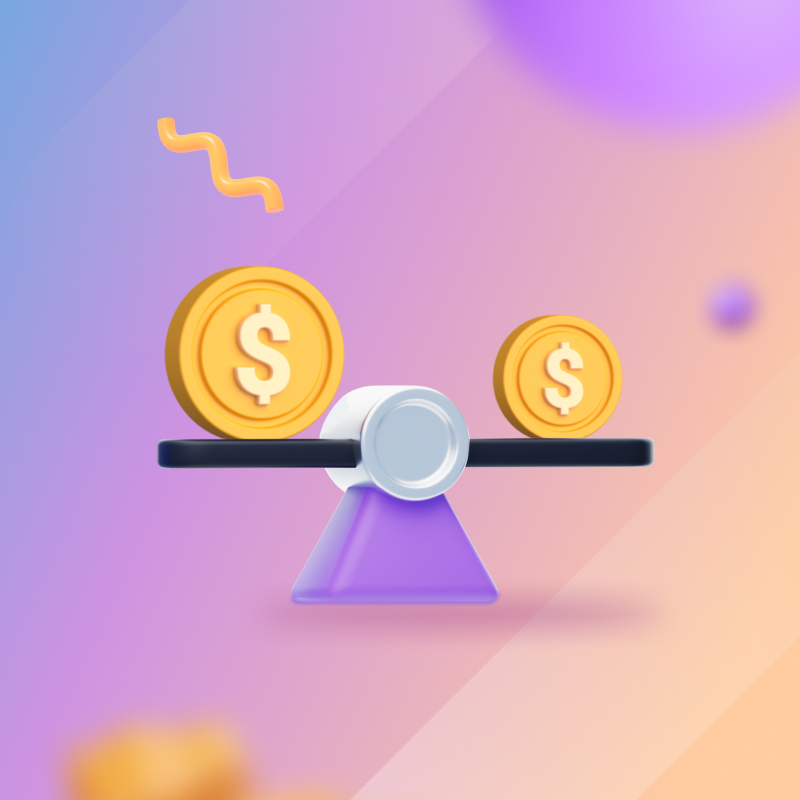
In the past, sales representatives relied heavily on instincts and guesswork when pursuing leads. This often leads to wasted efforts and frustrated buyers.
However, those days are rapidly fading away as Artificial Intelligence (AI) transforms every aspect of business, including sales enablement.
By leveraging AI, companies can gain valuable insights, automate repetitive tasks, and deliver highly personalised content and experiences to customers. This enhances sales effectiveness and builds stronger relationships with buyers.
In this post we will learn about AI in sales enablement and how it enhances the buyer's journey.
What is Sales Enablement?
Sales enablement is the continuous availability of resources, knowledge, and tools that enable your sales team to effectively engage with prospects and close deals.
Examples of AI in Sales Enablement
1. Predictive Lead Scoring: AI platforms can analyse vast amounts of customer data and behaviour to predict which leads are most likely to convert. This allows sales teams to focus their efforts on the most promising opportunities and close deals faster. For more accurate results, the predictive analytics platform can be integrated with a sales enablement platform like Hubforce. Hubforce provides real-time engagement data that will help you predict prospects most likely to make a purchase
Examples of predictive lead-scoring AI tools include MadKudu, OutFunnel, and UserMotion.
2. AI-Powered Coaching: Sales reps can gain real-time feedback and improvement suggestions through AI-powered coaching tools. These tools analyse call recordings and identify areas for improvement in communication, objection handling, and closing techniques. This continuous feedback helps sales teams to refine their skills and become more effective.
Examples of AI-powered coaching tools include Einstein conversation insights by Salesforce, Fingerprint for Success (F4S) and Gong
3. Virtual Selling Assistants: AI-powered chatbots handle routine tasks like, scheduling appointments, and answering basic questions. This frees up time for sales teams to focus on high-value activities like building relationships and closing deals.
Examples of AI-powered virtual selling assistants include ChatSpot and Gong
4. Market Trend Analysis: AI-powered tools analyse market trends and competitor activity. This information can help sales teams tailor their pitches and adjust their strategies to maximise their impact in the market.
5 Ways AI is Transforming the Buying Journey
1. Creation of Digital Sales Rooms: According to Salesforce 80% of customers say that the experience a company provides is just as necessary as its products or services. Digital sales rooms enable you to create a personalised and collaborative buying experience for your customers. For this to be efficient, it has to be scalable.
Hubforce enables sales reps to easily create customised digital sales rooms with AI using just the prospect's website address. This makes creating personalised buying experiences scalable.
2. Tailored Content for Individual Needs: AI analyses prospect data to curate a personalised experience. It can suggest follow-ups like case studies relevant to their industry, product demos showcasing features that address their specific pain points, and even follow-up content personalised to their job title within the company. This grabs attention, builds trust, and positions you as the expert solution provider. For example, if your economic buyer visits your proposal frequently, Hubforce AI can suggest a follow-up with a comprehensive ROI calculator. This ensures that you deliver relevant content to each decision-maker.
3. Virtual Assistance Chatbots: AI-powered chatbots act as virtual assistants, answering questions in real time, scheduling demos, and qualifying leads. For example, if a prospect has a question about pricing. A chatbot readily assists, providing personalised quotes, and even connecting them with a sales representative if needed. This instant support builds trust, removes friction, and ensures prospects get the information they need at their fingertips.
4. Predictive Insights: AI analyses prospect behaviour and predicts their next steps, allowing you to anticipate their needs and offer proactive assistance. For example, Hubforce smart analytics calculates engagement levels and alerts sales teams, enabling them to reach out with personalised offers and address potential concerns promptly. This proactive approach demonstrates understanding, builds relationships, and increases your lead conversion rate.
5. Personalised Pricing & Offers: AI provides customised pricing based on specific needs and budgets. This dynamic pricing aligns with customer expectations and secures mutually beneficial agreements.
Benefits of AI in Sales Enablement
Scalability & Adaptability:
AI platforms are designed to scale with your business. They adapt to growing data volumes and evolving customer needs. This means you can effortlessly onboard new customers, personalise interactions at scale, and adjust strategies based on real-time insights. This adaptability ensures your sales enablement remains effective as your business expands.
Best Practices for Implementing AI in Sales Enablement
Assess your needs: Defining your organisation's needs helps you determine aspects of your business that can benefit from AI. If personalising the buyer’s journey aligns with your needs and goals, you should consider buyer enablement platforms like Hubforce.
Select the right tool: It is advisable to place priority on tools that are easy to adopt and use efficiently.
Data Integration: It is also important to choose a tool that can easily integrate with your current systems. This includes your CRM and collaboration tools like Slack and Notion.
Data quality: AI systems rely heavily on data. For your AI tool to deliver accurate results, the data you feed has to be accurate and organised. Hubforce calculates buyers' engagement scores in real time by considering various data points to ensure the quality of data. You can integrate Hubforce with your CRM to leverage accurate real-time data for optimal performance.
Data Security and Transparency: Let your users know the data that the AI uses and how their data is being used. Put all security measures in place to ensure that user data is protected.
How Hubforce is Simplifying the Buyer Experience with AI
At Hubforce, we believe that AI can amplify our capabilities in ways we once thought were unimaginable. Our platform is designed to help sales teams create a winning buyer enablement strategy. It saves time and resources and also ensures that sales decisions are made based on real-time data rather than intuition.
Hubforce AI Digital Sales Room: This provides sales teams with the best of both worlds which is personalisation and scalability. Hubforce AI enables you to generate digital sales rooms for each prospect in 30 seconds. You can then structure sales content to align with the buyer's specific needs and goals.
Hubforce AI analytics: Hubforce smart analytics enables you to track buyer engagement with each content in the sales room. You have visibility of any type of content a buyer has engaged with. This includes if they watched a video, downloaded or shared any content. Hubforce also gives you live notifications on buyer engagement so that you can follow up promptly. You can learn more about buyer engagement strategies here.
Hubforce follow-up auto-suggestion: When you get live notifications on buyers' engagements, Hubforce AI also auto-suggests suitable follow-up messages or actions.
Leverage AI to improve your sales enablement by building 5 digital sales rooms free
















